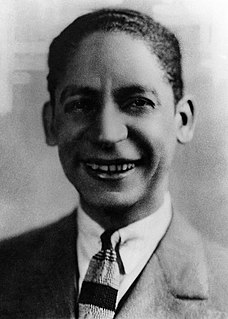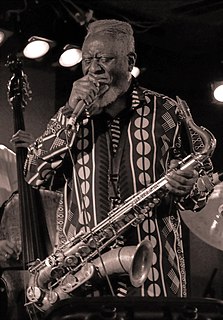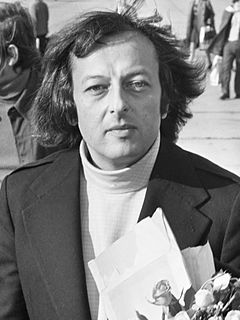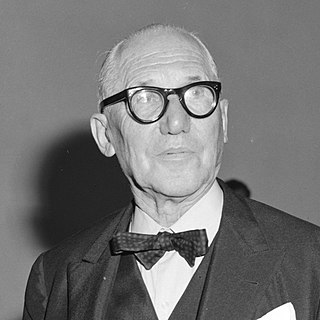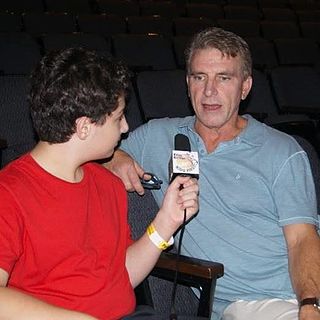A Quote by Jelly Roll Morton
Jazz music is to be played sweet, soft, plenty rhythm.
Related Quotes
It's always difficult to define what jazz is or what jazz isn't. To me, the only definition that I can think of is it's music where a lot of different elements are played at the same time. The harmonic, the melodic... You're pushing the boundaries on every level. That could be true of rhythm and blues as well. I'm a musician.
My thing was, I loved music. I played music: I played the saxophone. So the little bit of music knowhow I had, I tried to implement that in every thing I did, from my style, my cadence, the way I tried to pause and stagnate it; that all came from John Coltrane and listening to jazz albums. Trying to rhyme like a jazz player.
Negro music has touched America because it is the melody of the soul joined with the rhythm of the machine. It is in two part time; tears in the heart; movement of the legs, torso arms and head. The music of the era of construction; innovating. It floods the body and heart; it floods the USA and its floods the world. The jazz is more advanced than the architecture. If architecture were at the point reached by jazz, it would be an incredible spectacle.
